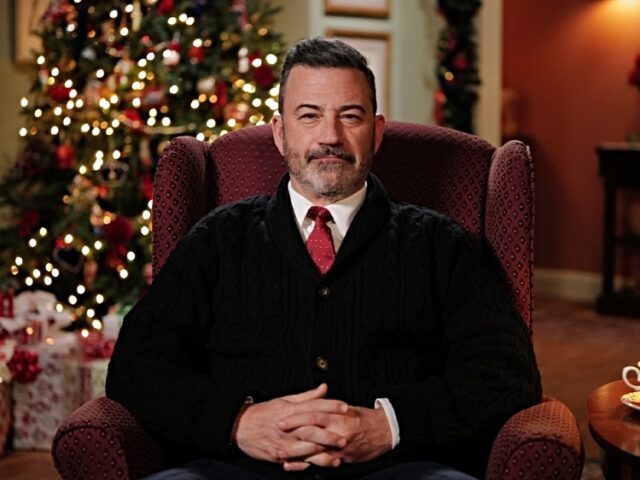The BBC can’t help taking sides.
Planned Parenthood is a “rights groups”, pro-lifers want to deny “abortion care”
Old Auntie is no stranger to accusations of bias. In fact, it’s something of a running theme. In past years, a series of disgruntled employees have laid into the BBC for being less than impartial on a range of subjects. Veteran presenter Michael Buerk once quipped that the corporation has made the left-wing Guardian “its Bible” and “political correctness its creed”. Robin Aitken, who worked for the BBC for 25 years, said the Corporation fails to represent socially conservative views. And former Radio 4 presenter Roger Bolton called it “liberal”, “secular” and “dangerously out of touch”.
These men realised as truth what the UK public have long known — their public broadcaster is wildly partisan when it comes to a range of issues. A prime example of this bias was on display this week as the supposedly neutral BBC News website came in to bat for American abortion activists. “News” coverage of Texas legislation limiting abortion after a foetal heartbeat has been detected is replete with “pro-choice” rhetoric and denies pro-life Americans the chance to offer their views. Whatever our views are on abortion, this bias from our main news broadcaster should be disquieting.
The BBC’s lead article on the Texas law describes it, disparagingly, as the “so-called Heartbeat Act”. It refers to US abortion provider Planned Parenthood and the pro-abortion ACLU as “rights groups” and pro-life Americans as “anti-abortion campaigners” seeking to deny “abortion care”. Many Americans would strongly disagree with these characterisations. Another article on a legal challenge to the new law notes, pointedly, that: “All three of former President Donald Trump’s Supreme Court appointees voted against blocking the ban”. It carries quotes from just one dissenting judge attacking fellow Justices. The piece also lists quotes from an abortion provider lambasting the new law, without seeking the view of other medics who support it.
It’s not the first time Auntie has been criticised for screening out pro-life views
Whether we support it or not, the Texas legislation was passed democratically on the back of public opinion showing almost half of Texans approve of restrictions. The BBC’s news coverage centres on the protestations of pro-abortion groups such as Planned Parenthood and the ACLU, and pro-abortion medics who stand to lose out financially from the procedure being limited. It’s patently obvious that the BBC opposes legislation too and has made a conscious decision not to provide a hearing to those who take a different view.
The intricacies of the Texas legislation are, of course, open to scrutiny and it is right that opponents have a chance to air their views. But to screen out pro-life opinion so blatantly, including the opinion of politicians, campaigners and the US public who support the law is disgraceful. Imagine if the BBC had written up the result of the Brexit Referendum without any comment from the Leave campaign? Even the BBC couldn’t have got away with that, so why is it that on an arguably even more sensitive issue that it feels able to carry such one-sided coverage?
It’s not the first time Auntie has been criticised for screening out pro-life views. In March last year, the BBC’s own in-house complaints unit admitted bias on the issue in coverage of Northern Ireland politics. A viewer complained to the BBC after coverage of a vote on NI abortion legislation only showed interviews with people who supported abortion laws. The BBC claimed it had not been able to source an interview to provide an alternative viewpoint. But five pro-life charities spoke out saying they were not approached by the broadcaster for comment. The Corporation’s Executive Complaints Unit ruled that “due impartiality” was not achieved.
The BBC is supposed to be a news outlet. Its journalists are supposed to give people a say on the issues affecting them, whether they like the views held by the public or not. But Auntie continually refuses to allow dissenting views on abortion to be voiced. Public trust in the BBC will continue to plummet, and fair-minded viewers will take their viewing elsewhere, should the corporation’s top brass fail to correct this illiberal trend.

.jpeg)